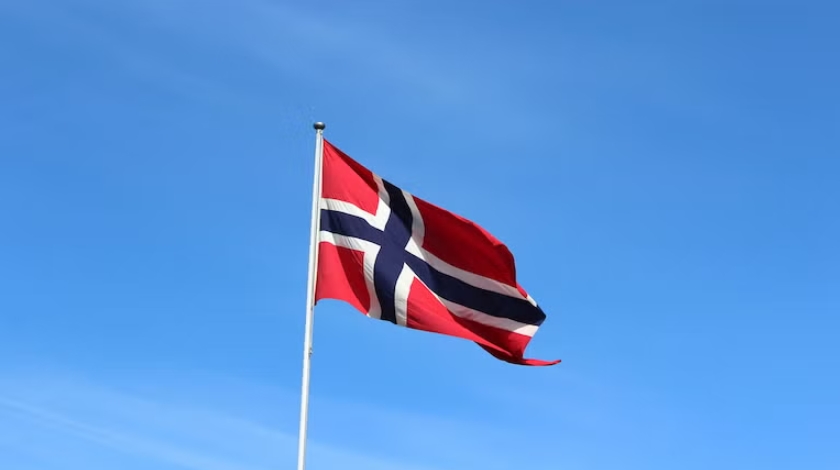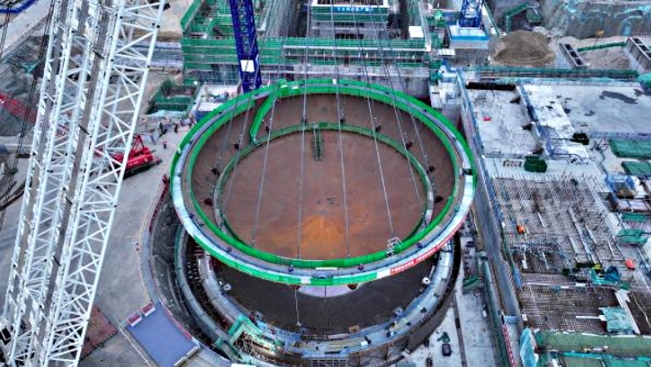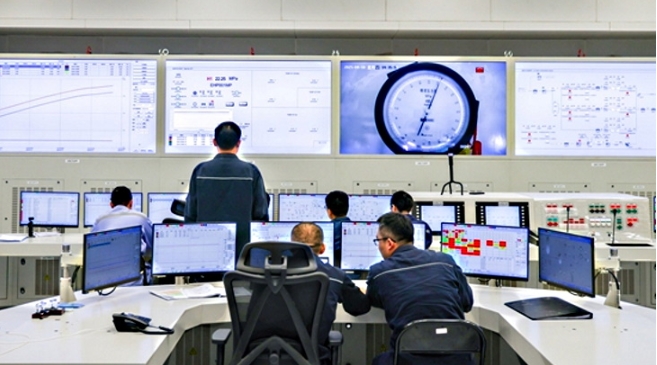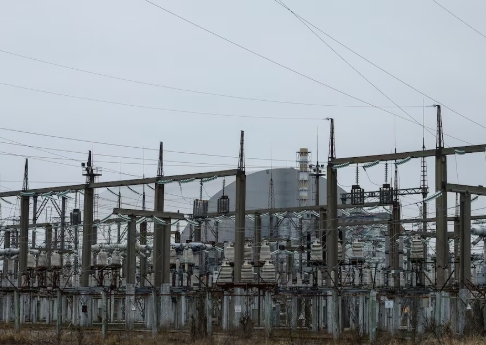The European Commission's green-deal package of measures designed to put the EU on a pathway towards achieving climate neutrality by 2050 provides the bloc's leaders with the opportunity to align its emissions reduction strategies for the sectors covered by its emissions trading system (ETS) with those that do not, the IEA has said.

The commission unveiled its long-awaited green deal late last year, outlining plans for sector-wide decarbonisation by mid-century.
Changes to the supply structure of the EU ETS in recent years have delivered carbon prices of more than €20/t of CO2 equivalent, helping swing power-sector fuel economics away from lignite and coal.
Emissions from sectors covered by the European carbon market have sunk sharply as a consequence, with output tumbling by 8pc year on year in 2019 alone.
But the emissions produced by the sectors that fall outside the scope of the EU ETS, such as road transport and heat, have seen far more limited declines, with a lack of carbon pricing for these areas resulting in minimal incentive for firms to commit to the adoption of low-carbon technology.
The green deal presents the opportunity to consider ways in which new technology adoption could be encouraged economy-wide, while carbon pricing should be strengthened across all sectors, the IEA said.
"The EU ETS system has been, and can be, a strong enabler of fuel switching. The European Commission should examine the opportunity of strengthening the carbon price signal under the non-ETS and the EU ETS to incentivise innovation in low-carbon industrial development," it said.
A more harmonised approach to EU climate policy-making for ETS and non-ETS sectors would be more likely to also leave the bloc on a pathway to meeting its long-term emissions reduction target and, ultimately, climate neutrality by mid-century, the IEA said.
"The European green deal is an opportunity for greater consistency of EU policies, to enable cost-effective, secure and guided transitions across the EU and across sectors beyond 2030 towards 2040 and 2050, within a common framework to promote industrial transformation, technology, and innovation leadership and a ‘just transition'," it said.
With the continuing Covid-19 pandemic having ground to a halt much political policy-making in Brussels this year, minimal progress has been made in 2020 in enforcing the planned policies listed in the green deal.
But the European Commission is expected to take initial steps towards putting the EU on a net-zero pathway in the coming months, with a new 2030 emissions reduction goal of either a 50pc or 55pc cut from 1990 levels likely to be set. This would be an increase from the current 40pc target.







